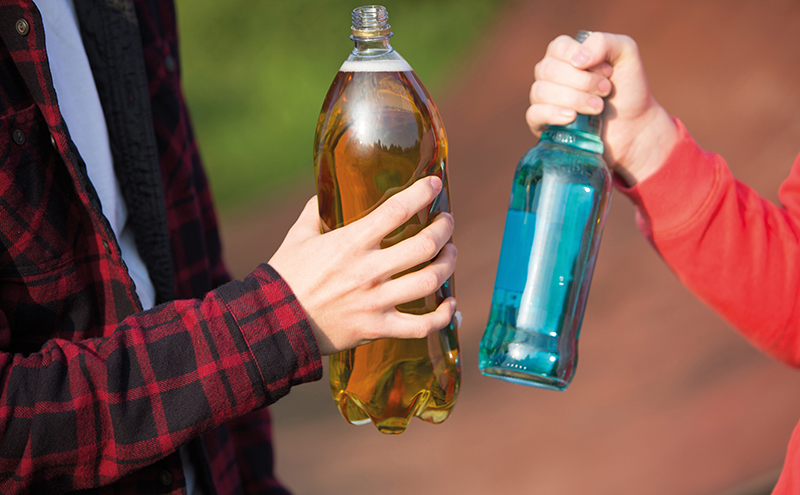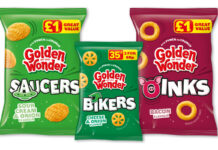
SCOTTISH retailers have been commended for effectively implementing minimum unit pricing (MUP).
A new report published by NHS Health Scotland found that MUP has been “well implemented” across the board since it was introduced on 1 May 2018.
NHS Health Scotland’s latest MUP evaluation study covered the effectiveness of implementation, and touched on some of the effects the policy has had on stores.
Interviews with Police Scotland licensing officers, Trading Standards officers and licensing standards officers (LSO) revealed that there were limited examples of non-compliance, with any issues “swiftly resolved.”
Interviewees also said that while there had been an expectation that larger supermarkets would be more compliant with the policy than smaller independents, in practise the entire sector performed to a similar standard.
LSOs added that they had made use of the Scottish Grocers Federation’s MUP calculator throughout implementation, describing it as a “key tool” for officers, with some accessing it through their mobile phones to check prices in store.
Responding to the report, Scottish Government public health minister Joe FitzPatrick said:
“It is positive to hear that implementation has been so successful. After such a long delay, it was imperative that we moved quickly to put MUP in place.
“I want to thank licence holders and licensing standards officers for their hard work, as well as the Scottish Grocers Federation for their support on MUP to smaller shops in urban and rural areas across the country.
“I am also pleased to note the report found no increases in illegal alcohol-related activity were identified as a result of MUP.”
One key consequence of MUP implementation highlighted by LSOs was the delisting of large-volume high-strength ciders across many independent stores.
One unnamed LSO said: “In this area you virtually can’t buy a bottle of white cider any more, for instance, and every shop in this area, every kind of certainly scheme shop, as I would call then, every corner shop, village shop, had a five deep, ten wide shelf of that sort of product.
“You now see the odd one or two bottles in any shop, and most of them are saying it’s left over stock from pre-implementation.”
Another unnamed LSO added that some stores may have used MUP to increase prices for products unaffected by the policy.
They said: “In fact, a lot of [small retailers] have used the minimum unit price as an opportunity to just creep up all of their alcohol prices and blame it on Nicola Sturgeon.”
For stores close to the border, the report found evidence of some consumers choosing to purchase their alcohol in England to avoid MUP – including through supermarket delivery services.
One unnamed Police Scotland local divisional licensing officer described an English party bus running a cross border ‘booze cruise’ service.
They said: “A tour bus, it’s actually, like, a big stretch limo. It tends to be on the east coast from [unnamed border town] and they go up touring the area, but they’re drinking at minimum pricing, well, non-minimum pricing, they’re drinking at very, very low levels of paying for what they’re drinking.
“Part of the party bus advertising was that there was no MUP.”
Challenges to implementation highlighted in the report included limited lead-in time between the announcement that MUP would go ahead and the start date; the ongoing challenge of making sure premises understand how to calculate MUP; and a heavy workload for LSOs limiting their time to supervise compliance.
- The report’s findings were based on telephone interviews with 12 Licensing Standards Officers (LSOs), five Police Scotland local divisional licensing officers, and three Trading Standards Officers. It can be accessed via NHS Health Scotland.



















